Police training is more than just a career move. It is the beginning of a life dedicated to safety, order, and community. Those who choose a career in law enforcement take on responsibility for themselves, their colleagues, and the people they protect.
Many applicants initially face the same questions: How does the training work? What requirements do I have to meet? And how much do you earn in the police force? Here you can find out how to prepare for your police application, what requirements you can expect, and what opportunities are open to you.
What police training really entails
Police training is not a normal start to a career. A career in the police force requires courage, determination, and team spirit. In the police profession, no two days are the same: operations, patrol duty, investigations, and contact with citizens make everyday life both varied and challenging.
The diversity of the tasks is particularly appealing:
- In the protective police, you ensure public safety, intervene in accidents or conflicts, and protect people in exceptional situations.
- In the middle service, you take on operational responsibility in the field.
- In the higher service, you will also have leadership tasks and make strategic decisions.
Regardless of whether you later join the federal police or a state police force, the path always begins with the same attitude: service to the state, commitment to the community, and the will to surpass yourself.
What do you need for police training?
Before you begin your police training, you must meet certain requirements—physical, mental, and character-related. This is because entering the police force requires more than just an interest in the police profession.
- You need a recognized school-leaving certificate—usually at least a secondary school diploma or a higher educational qualification such as a technical college entrance qualification or a high school diploma. In addition to German applicants, people with EU citizenship or a permanent residence permit can also apply.
- It is also important to be fit for police service, which is determined by a medical examination.
- In addition, there are physical requirements such as a certain minimum height and good fitness in order to meet the demands of training and deployment.
- Character suitability also plays a central role: a sense of responsibility, team spirit, mental stability, and good general knowledge are required.
The recruitment requirements vary slightly depending on the federal state. Some authorities accept exceptions if other achievements are convincing. In short: those who start their career with courage, motivation, and a clear attitude have the best chances of successfully completing their training with the police.

This is how the path to the police force works
Anyone interested in the police service starts by submitting an application. This is the first step in a challenging but rewarding career. The application process assesses whether you are suitable for the police service and have the necessary attitude, fitness, and resilience.
Applying to the police
First, you submit your application documents – usually online via the application portal of the respective authority. Many departments provide a template to help you submit all the important documents correctly. These include:
- Cover letter
- Resume
- Certificates and evidence of your school-leaving qualifications or vocational training.
The police recruitment test
After the formal application, the next step in the selection process is the recruitment test. This includes the following:
- Sports test: This tests endurance, strength, and coordination.
- Written and psychological tests: These test language, logic, and general knowledge.
- Medical examination: This confirms your fitness for police service.
- Interview or assessment center: Some authorities also conduct an interview to assess teamwork skills and motivation.
Those who successfully complete all steps will be offered a training position in the middle service or a dual study program in the higher service, officially starting their service as a prospective police officer.
Police training: Salary & remuneration for your service
The salary during police training varies depending on your career path, state, and authority—but one thing applies everywhere: From day one, you will be paid in accordance with civil service law and receive fair remuneration for your service.
|
Type of training |
Monthly salary (gross) |
Career advancement opportunities |
|
Training in middle-level police service (police sergeant cadet) |
Varies depending on the state (average approx. €1,350 in the first year) |
Police sergeant, senior police sergeant, and chief police sergeant |
|
Police career in the higher service (criminal investigator candidate) |
Approximately €1,300–1,500 during studies |
Police commissioner, senior police commissioner, and chief police commissioner |
|
Career in the higher service (only with a university degree or outstanding achievements/experience in the higher service |
Trainee salary during preparatory service (2 years) approx. €1,550 |
Police councilor, senior police councilor, police director, chief police director |
Source: https://polizist-werden.de/polizei-laufbahnen/
You can find the exact salary tables for the federal and state governments at Beamtenbund und Tarifunion.
The bottom line is that those who choose a career in law enforcement are not only choosing a secure career, but also a stable financial foundation with increasing remuneration, attractive allowances, and a reliable income throughout their entire career.
Career & advancement opportunities after training
After successfully completing your police training, the journey is far from over – on the contrary: the police profession offers a wide range of opportunities for further development and taking on responsibility.
The middle service
In the middle service, you usually start in the patrol service of the protective police. As you gain experience, you can specialize – for example, in the traffic service, the dog handler squad, or the investigation service. Particularly committed officers have the opportunity to advance to the higher service through training courses and thus take on leadership tasks.
The higher service
Those who have already completed a dual degree program can enter management positions directly or specialize in operations management, training, or strategic planning. Further career steps lead to special units such as SEK, MEK, or the criminal investigation department. It is also possible to switch between the federal police and state police forces.
The higher service
Entering the higher police service is the most demanding path within the police career and leads directly to management and leadership positions. It is aimed at applicants with a university degree, usually in the fields of law, administrative science, or criminology.
Unlike in the middle service or in the dual study program for the higher service, there is no classic police training here, but rather a preparatory service that specifically prepares candidates for management and leadership tasks. During this time – often two years – candidates complete practical placements in police authorities, ministries, and academies, accompanied by theoretical courses.
Differences between the federal police and state police
Anyone interested in police training is faced with an early decision: federal police or state police? Both pursue the same mission—to ensure security in Germany—but differ in terms of jurisdiction, structure, and training framework.
The federal police:
- Operates nationwide: protects train stations, airports, and borders, secures air traffic, and provides support in large-scale situations or foreign missions.
- Officers work in different pay grades, receive special allowances, and can be deployed throughout Germany.
- Training takes place in dedicated training centers and is based on uniform federal standards.
The state police:
- Responsible for maintaining public order in the individual federal states.
- Police officers work in patrol duty, traffic control, or as uniformed police.
- Each federal state sets its own recruitment requirements, training content, and salary scales. As a result, there are slight differences in allowances, ranks, and career paths.
Regardless of whether you choose the federal or state level, both paths lead to a career that combines stability, meaning, and responsibility.
FAQ: Frequently asked questions about police training
How difficult is police training really?
Police training is considered demanding because it requires both physical and mental performance. However, with discipline, team spirit, and good preparation, it can be mastered very well—especially if you enjoy structure and exercise.
What role does the sports test play in the police application process?
The sports test is an integral part of the selection process and tests strength, endurance, and coordination. Those who train regularly and specifically prepare for exercises such as shuttle runs, pull-ups, or endurance runs usually pass it without any problems.
Can you apply to the police force with tattoos?
Tattoos are generally permitted as long as they do not display anti-constitutional, discriminatory, or violence-glorifying content. However, visible tattoos may be assessed differently depending on the federal state.
Is there a maximum age for police training?
Yes, many authorities set a maximum age between 31 and 34. In exceptional cases—such as professional experience in public service or the armed forces—this age limit may be exceeded.
What happens if you don't pass the aptitude test?
Those who do not pass the aptitude test can usually reapply after a waiting period of six to twelve months. In the meantime, it is worth doing specific training in the areas of sports, logic, and concentration.
Is weapons training already part of the training program?
Yes, safe handling and responsible use of service weapons is a mandatory part of police training. The focus is on safety rules, behavior in stressful situations, and legal principles.

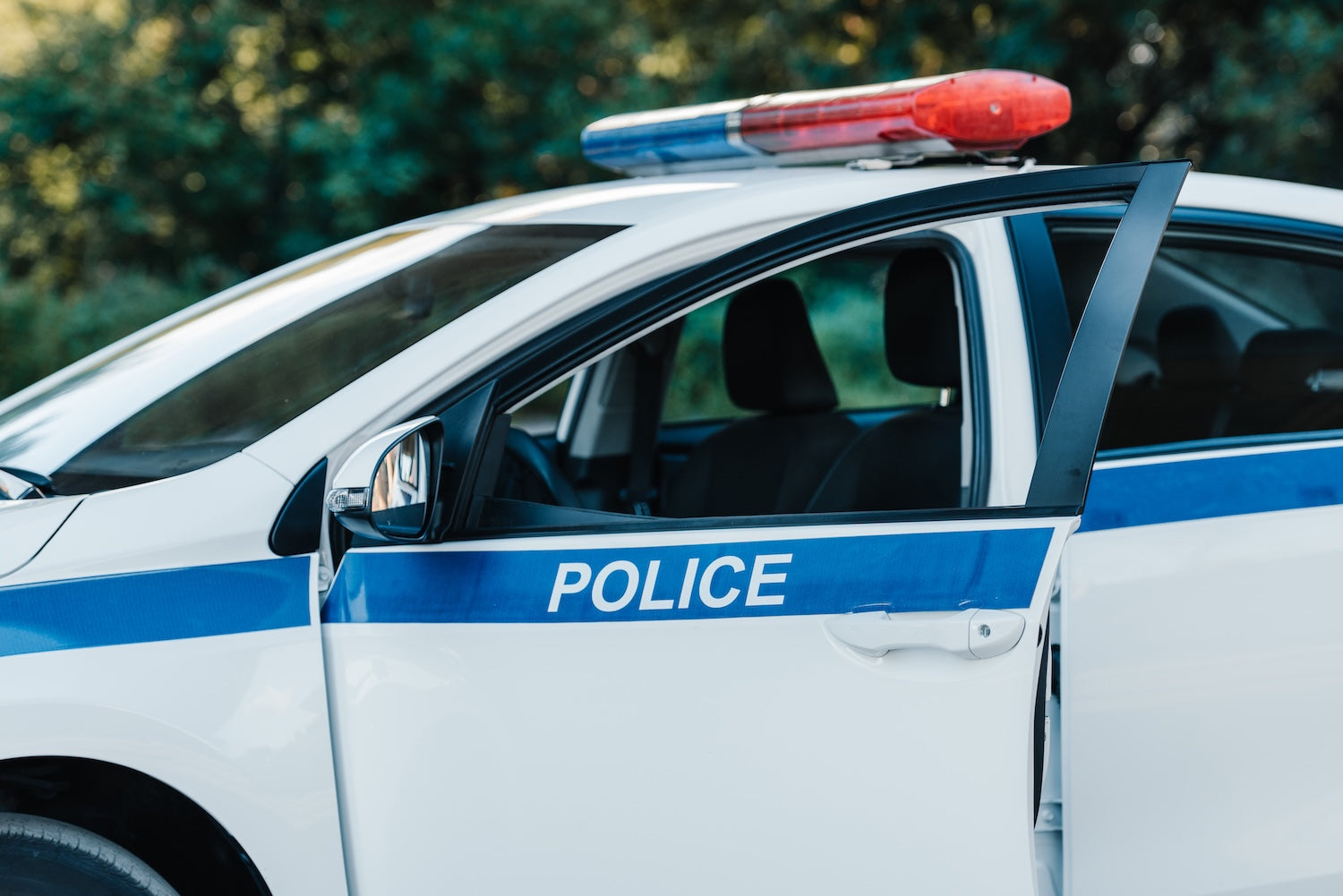

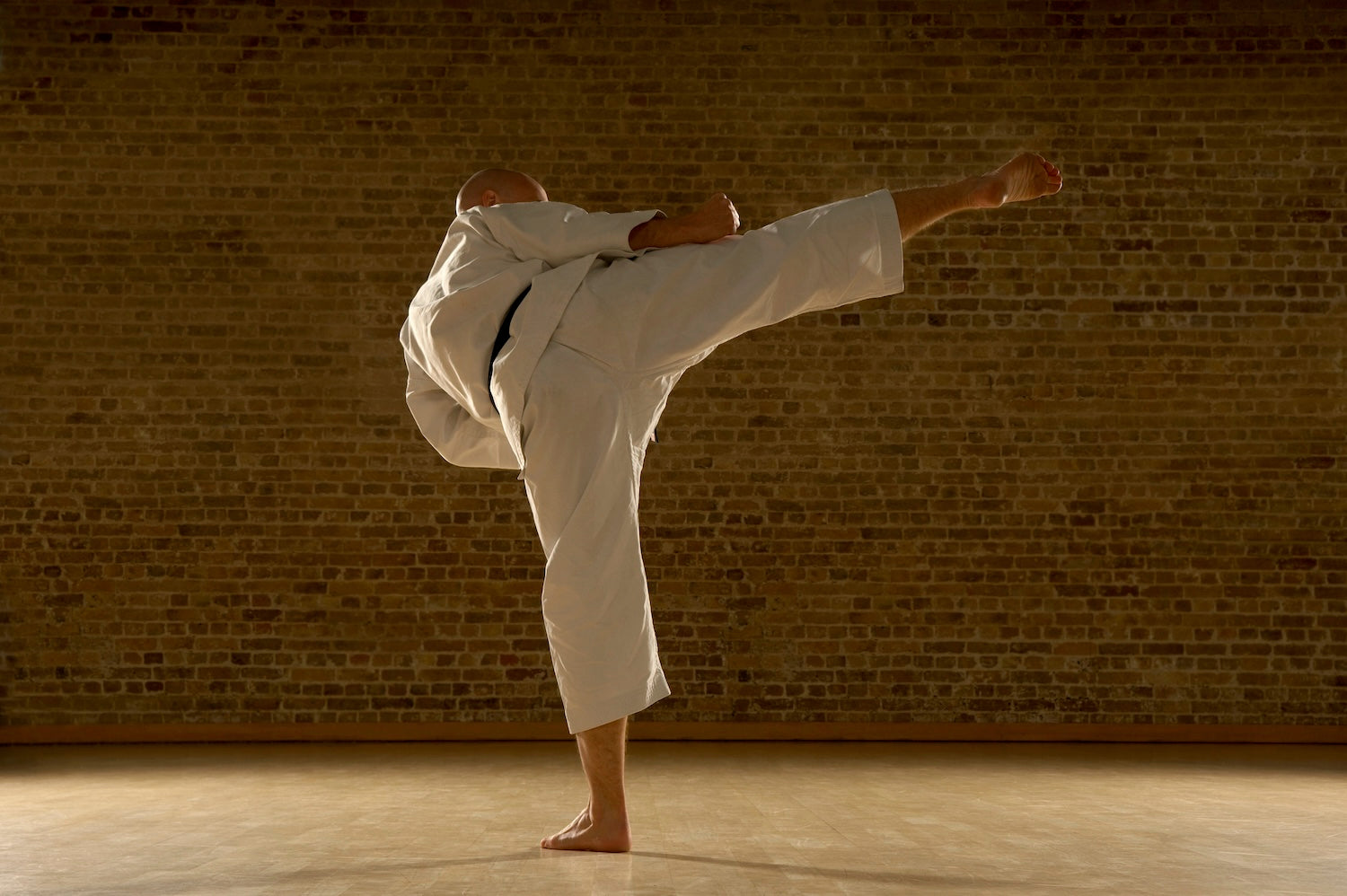



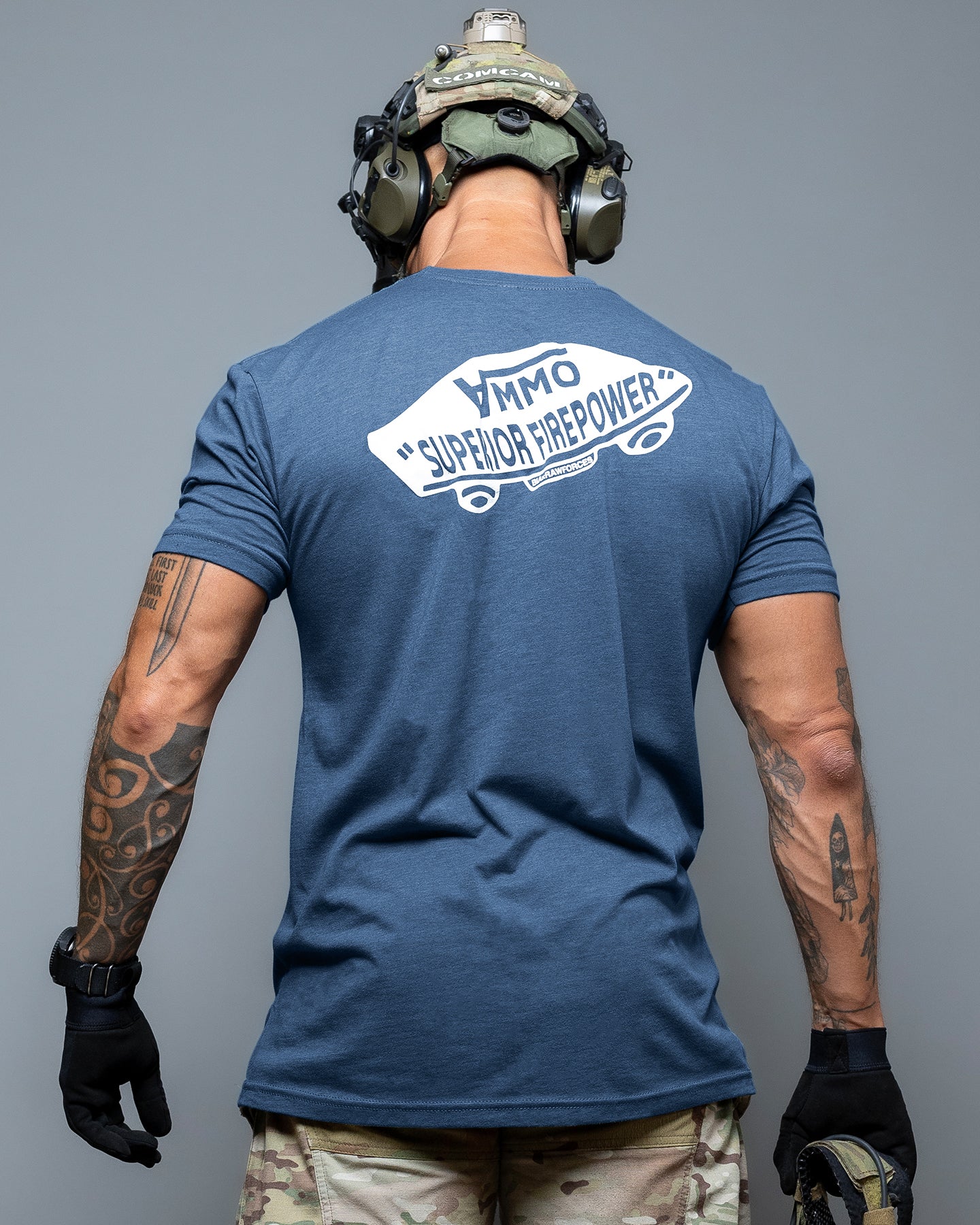
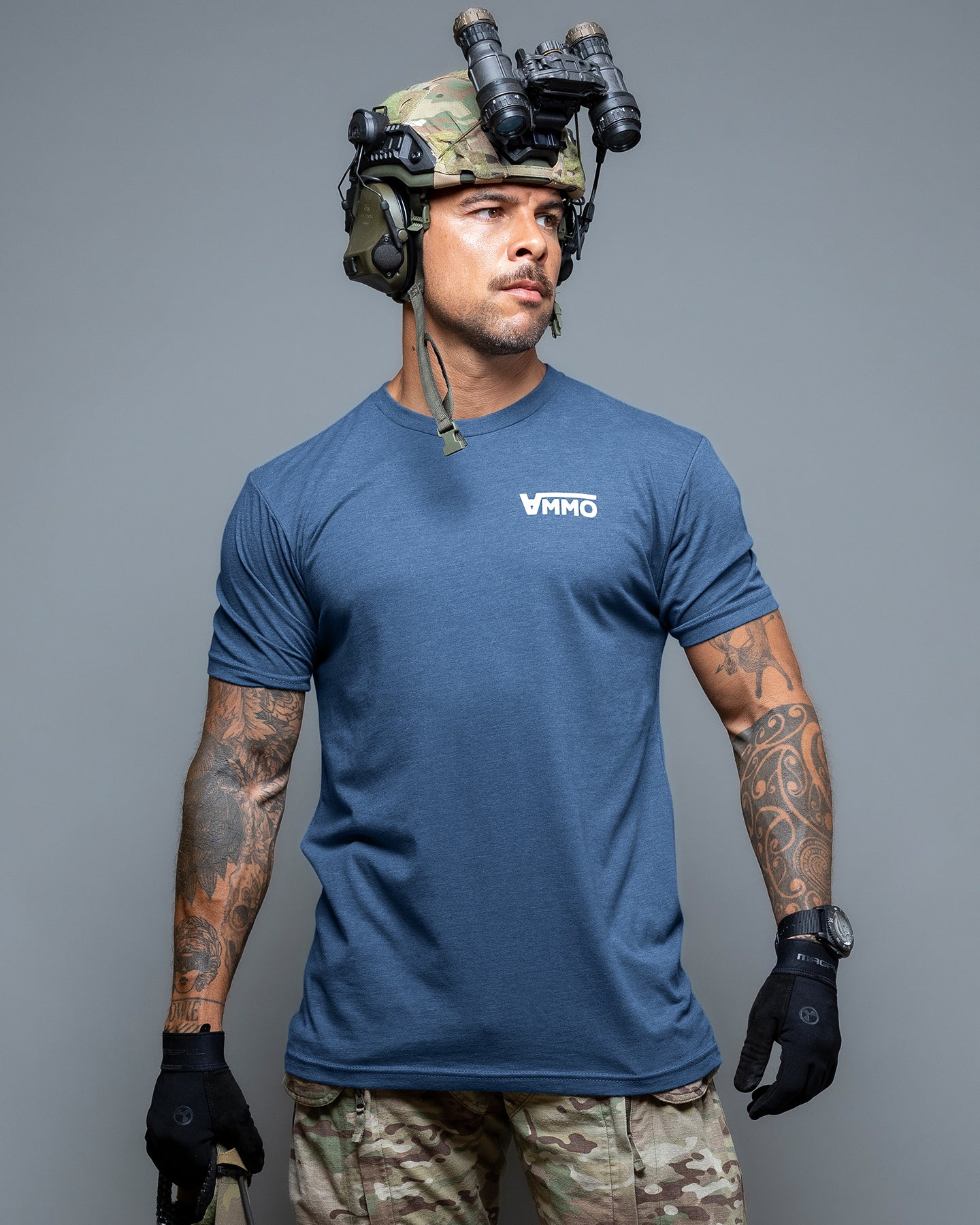



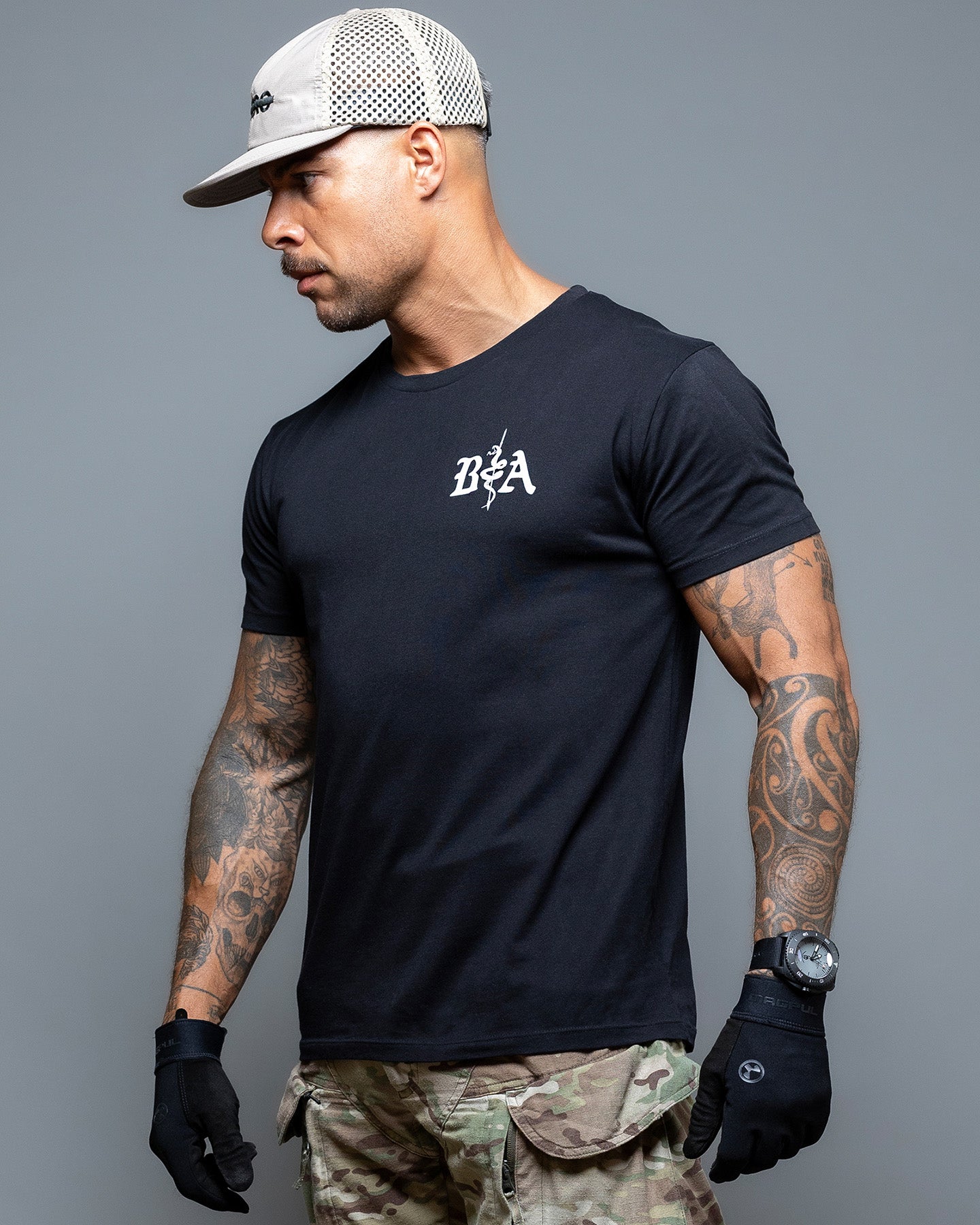
Leave a comment